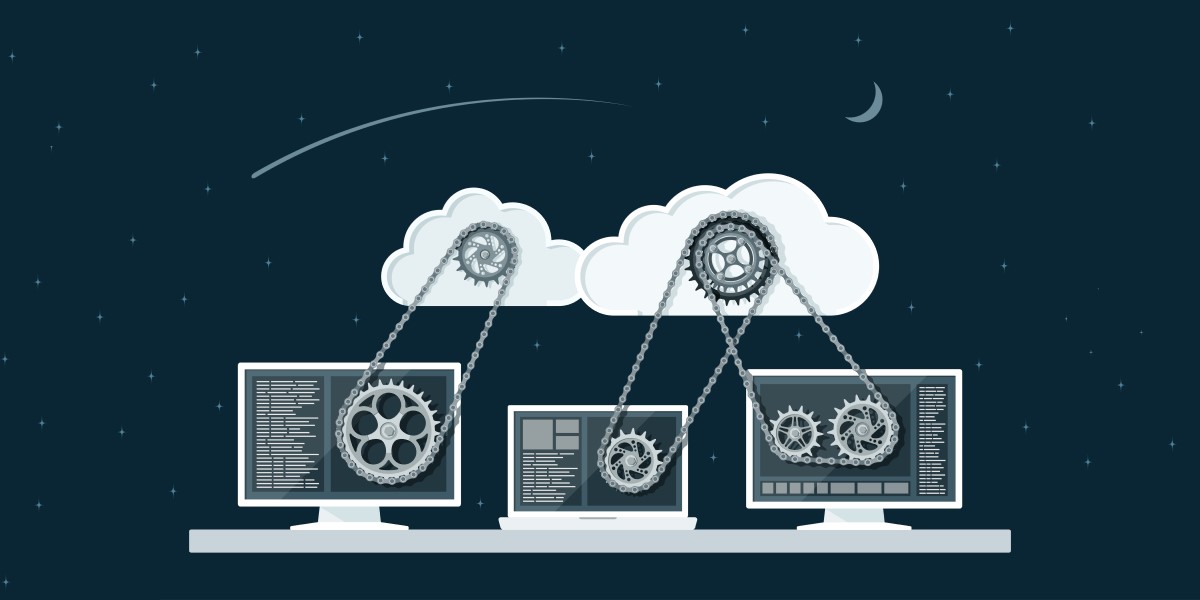Citrix adds remote Mac support, amid reported customer anger

Citrix has added the ability to control remote macOS machines through its desktop-as-a-service suite, but customers of the product are said to be upset with changed licensing practices.
The as-a-service specialist on Thursday announced its macOS offering, which allows Macs running at Apple virtualization specialist MacStadium and in AWS’s bare-metal rent-a-Macs to be accessed with the Citrix VDA for macOS.
As Citrix’s announcement of the enhancement explains, this will come in handy for certain users in particular. Multimedia pros can enjoy access to Macs more powerful than the ones they or their employers own, while developers enjoy access to remote Macs for software testing because it means they don’t have to acquire the hardware.
But analyst firm Gartner this week reported that other Citrix customers are not happy.
In its latest Magic Quadrant for Desktop as a Service (DaaS), Citrix retained its place as a market leader. But among the cautions the analyst firm offered is the following:
The Gartner doc also notes Citrix’s new licenses, which cover just two bundles of products.
“This bundling provides Citrix, and its channel partners, with a simpler portfolio to sell, and it reduces its cost of sale. Gartner clients should assess which features of the new licenses they will utilize, today and in the future, because some Gartner clients report unused bundle features,” the Magic Quadrant states, before noting that Citrix has drawn a “narrow focus on large customers” and may be “less relevant for midsize organizations.”
So maybe don’t sprint towards that new remote Mac offering?
Citrix has not responded to multiple Reg requests for a briefing on its strategy and roadmaps.
Magic moves
The Magic Quadrant’s big mover is AWS, which moved from a Challenger to a Leader – a status it shares with Microsoft, Citrix, and VMware spinout Omnissa.
AWS earned its place after adding support for Microsoft 356 applications and for the breadth of DaaS options it offers, although Gartner cautions its services lack multisession capabilities and tend to deliver a slower pace of innovation than rivals.
Microsoft earned plaudits for its many DaaS offerings, which Gartner feels make it the market leader by installed base. That’s remarkable, given the likes of Citrix and VMware/Omnissa had a headstart of many years.
Gartner worries that Microsoft’s on-prem DaaS is weak, and warns buyers will need to closely compare its competing Windows 365 and Azure Virtual Desktop offerings.
Omnissa earned praise for its deep portfolio, approval for use in healthcare environments, and manageability. Gartner expresses optimism the newly-independent org will have “more opportunity to develop a single multicloud platform and create new partnerships that previously conflicted with its hypervisor parent.”
Parallels is the only new entrant to the Magic Quadrant, earning a place as a Visionary after launching its first DaaS product, which Gartner wrote its customers report has “a short learning curve for Citrix administrators.”
Dizzion also earned a place as a Visionary. ATSG is the sole Challenger on the Quadrant.
Alibaba Cloud, Flexxible, Apporto, Anunta, oneclick, IronOrbit and Workspot are all rated niche players.
DaaS is thought to account for between five and ten percent of all desktop environments – meaning at least 50 million PCs are delivered as-a-service. ®